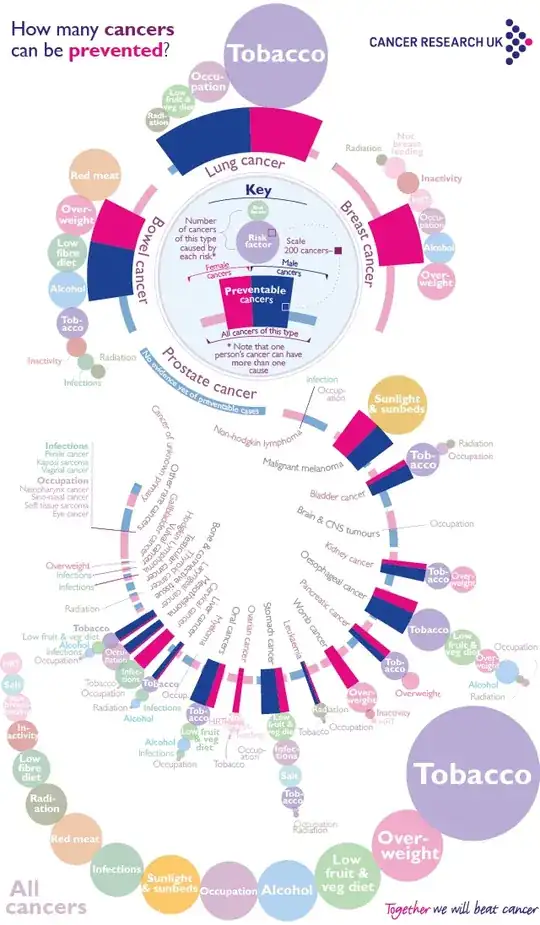In 2010 the Wellcome Trust published One mutation per 15 cigarettes: genome maps reveal how cancer develops
"These are the two main cancers in the developed world for which we know the primary exposure," said Professor Mike Stratton, from the Cancer Genome Project at the Sanger Institute. "For lung cancer, it is cigarette smoke and for malignant melanoma it is exposure to sunlight. With these genome sequences, we have been able to explore deep into the past of each tumour, uncovering with remarkable clarity the imprints of these environmental mutagens on DNA, which occurred years before the tumour became apparent.
The same source was given in a 2009 article in The Daily Telegraph
They studied a lung-cancer victim who had built up about 23,000 DNA mutations in his lung cells that were linked with exposure to the toxins found in cigarette smoke and had accumulated over his lifetime.
(The newspaper doesn't state whether this is one example of a larger sample)
The study was also reported in 2009 by Nature and Medical News Today
I believe the above to be supportive of the credibility and significance (re causes) of the claim.
Update:
I haven't found information on rates of mutations attributable to other causes of cancer but many credible organisations say that smoking accounts for around 90% of lung cancers in the UK.
Cancer Research UK, BBC, MacMillan, BUPA.
Here's an infographic from Cancer Research UK - it has a lot of information.

